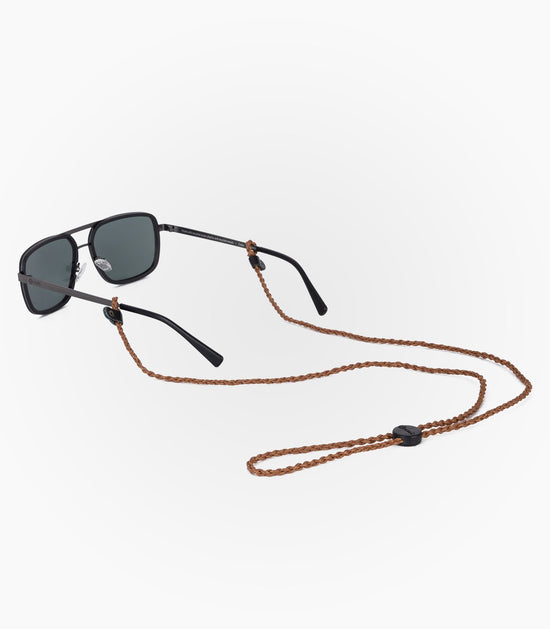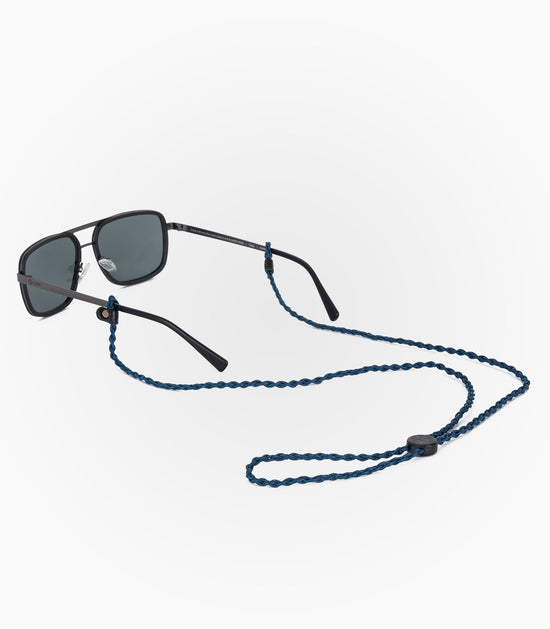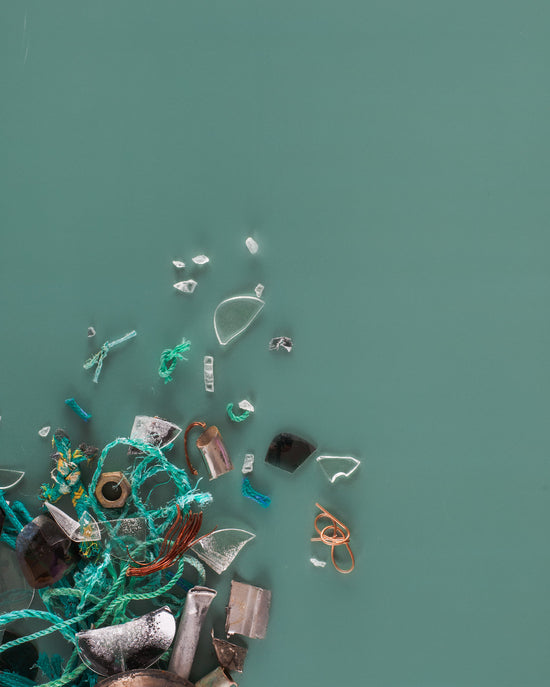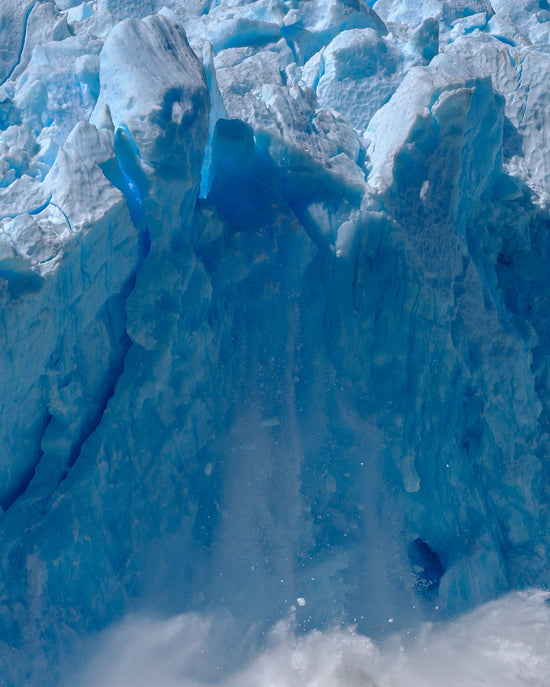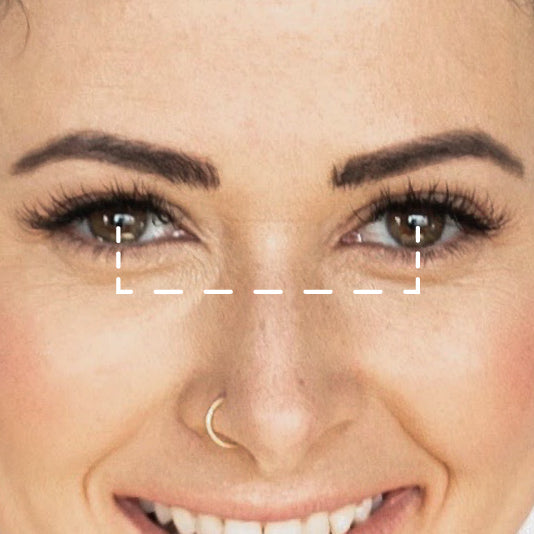Featured image by Cor Kuyvenhoven
Plastic pollution exists all over
It’s not just straws, disposable cutlery and water bottles. All kinds of residues end up contaminating our streets, parks and oceans and affecting the flora and fauna that inhabit them. Even if it degrades over the years, it will be transformed into tiny plastic particles. The problem is it may not be as directly visible to all individuals. That means it won’t be solved even if we recycle everything we discard at home and stop buying plastic products.
From the Arctic to Antarctica, we can find plastics in all the oceans of the world. Only the Pacific Ocean contains a quantity of plastic waste that covers an area equivalent to twice the size of the United States. Fishing nets, filaments, buoys, plastic cutlery, plastic cups, plastic container caps, fast food containers, plastic bags, balloons, bottles, plastic bulbs, and cigarette butts are among the main plastic tools that threaten marine biodiversity today, according to a study by Ocean Conservancy.
We need to take action. If we all take responsibility at home, we could tackle 9 out of the 12 items listed above. But what about the other three? Marine debris, ghost nets and rubbish are having a huge impact on the oceans globally.
You may be wondering, “Hey, but doesn’t Karün collect discarded fishing nets from Patagonia to recycle them into eyewear?” We do. But that’s the problem, doing so in Patagonia isn’t enough, especially if we are landing with our sustainable sunglasses and eyeglasses to other continents around the world.
Diving for a mission
Since its founding in 2013, Healthy Seas has collected over 585 tons of waste nets and ensured they become a valuable resource instead of ending up in a landfill or the natural environment. An incredibly dedicated group of volunteer divers from Ghost Diving recovers ghost nets from reefs and shipwrecks, hotspots for marine biodiversity. Healthy Seas works in the Mediterranean, the Adriatic and the North Sea (among others) with over 200 volunteer divers and 950 fishermen and fish farmers.

Photo credit: Carmelo Isgró
Some time ago, they invited us to come on board, and we jumped right in. This partnership allowed us to be part of the solution and keep up with our mission to protect nature, collaborating with people from around the world to protect their territory and inspire others to start looking at the world from a different point of view, using Karün sustainable and eco-friendly eyewear as a symbol of this statement.

The partnership
The role of Karün will be different from what we currently do in Patagonia. We are supporting Healthy Seas and their cleanup efforts with 1% of our sales. The fishing nets collected in cleanups are sent to our recycling partner Aquafil to regenerate together with other nylon waste into high-quality ECONYL®. After the process, this raw material is transformed into brand new Karün eco-friendly and sustainable eyewear.

Photo credit: Imad Farhat – Ghost Diving
We also give our recycled sunglasses to the team working in the cleanups to protect their eyes while preserving the oceans. It all becomes part of the loop, which turns this into a very poetic gesture. Fishing nets that once harmed the local coasts in Europe will be later protecting the eyes of the divers collecting other ghost nets, and on and on.
Hopefully one day we will be all around the world, from the seas to the mountains, collecting discarded materials. We are working hard looking for new ways to cooperate with different projects to catalyze change through creativity and innovation. We truly believe that through collaborative work, we will achieve the profound change that our planet needs.
In the meantime, we are thrilled to be working with this badass team in Europe. We are excited to be on board with Healthy Seas!
